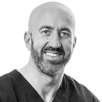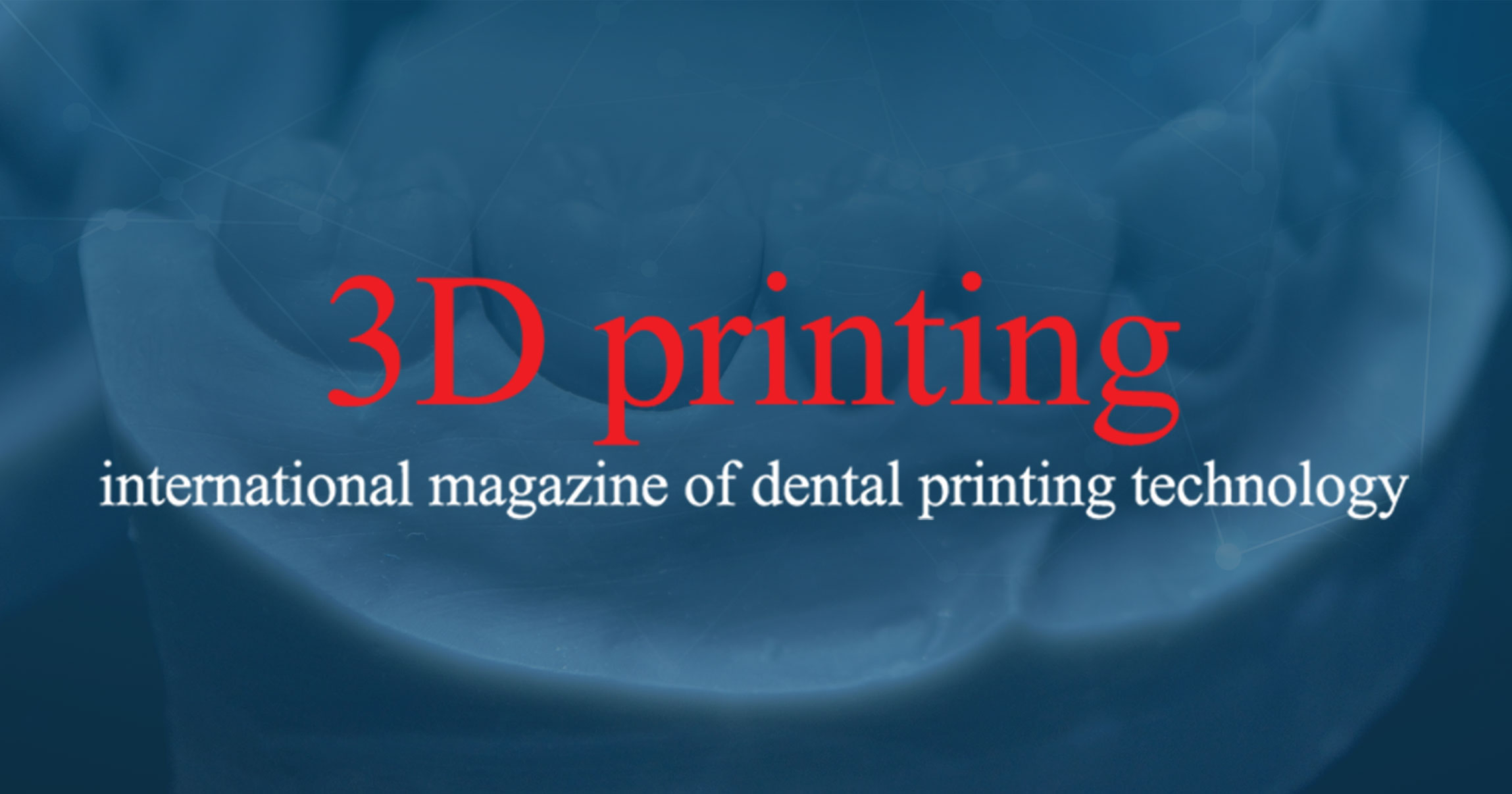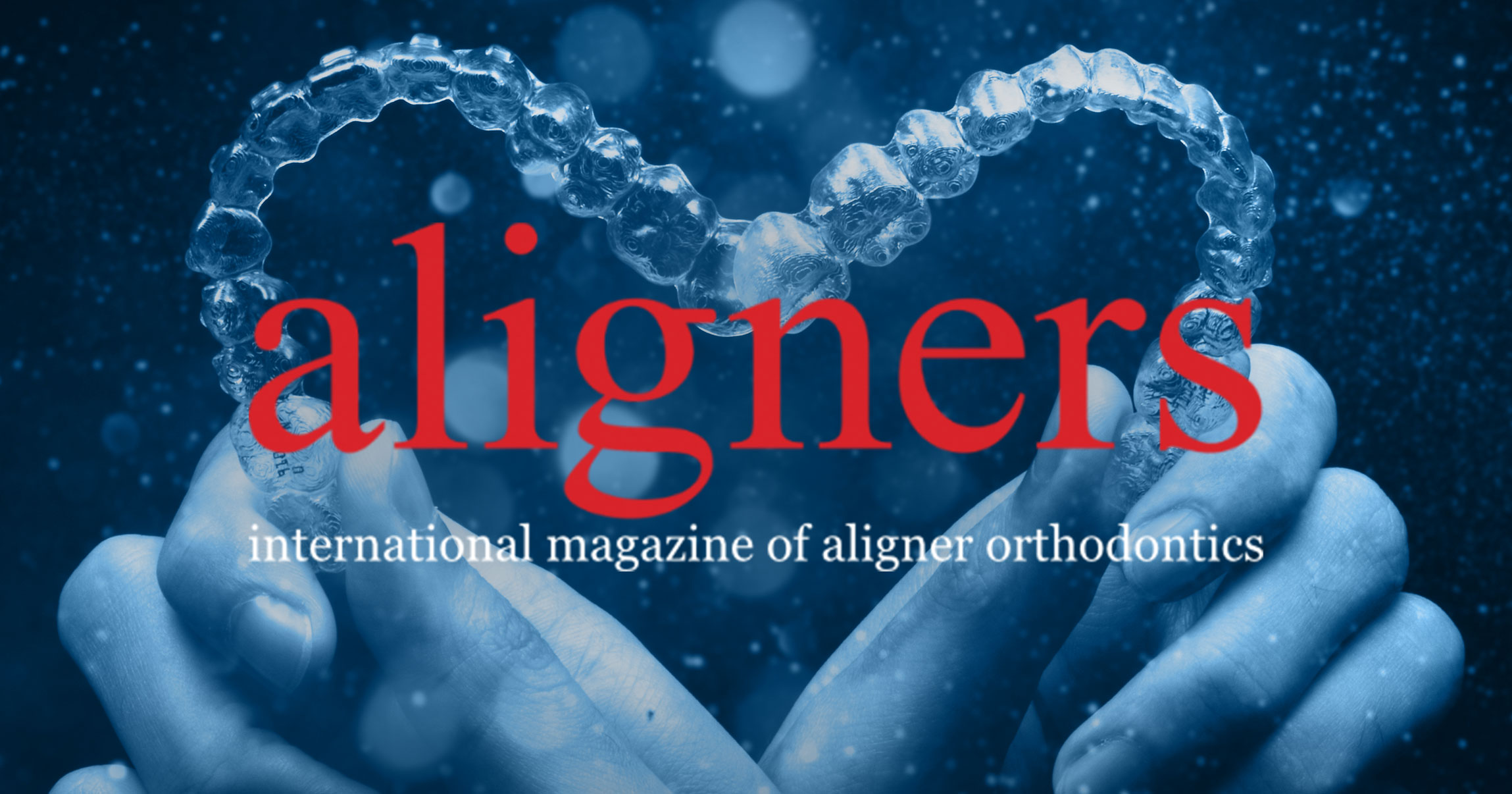The most common recommendation of dentists to patients is to brush twice a day, clean your tongue, use a mouth rinse and floss regularly. Flossing is in fact the one recommendation of dentists that patients find most difficult to do.
Dentists, nevertheless, have insisted that flossing prevents gum disease and dental caries. But is there enough evidence that flossing is really essential to your overall oral health?
Raging on the internet and many dental associations across the world is now a debate on whether flossing is of any help at all. It all started after a recent story by Associated Press (AP) that there is little evidence that flossing actually works. They reported that when the federal government issued its latest dietary guidelines, the recommendation of flossing had been removed. Even the government acknowledged that the effectiveness of flossing had never been researched as required.
Dr.Niranjan Prabhakar, Executive Editor DT SEA speaks to two eminent Periodontists in India, Dr.Sudhindra Kulkarni and Dr.Rajeev Chitguppi to understand what they make of this new development in Oral health care.
Is it good to say, good bye to flossing? Let us find out.
DT SEA: Dentists have studied and believed that flossing helps prevent gum disease. What do you make of the recent report on flossing?
Dr.Sudhindra Kulkarni : Flossing helps in removal of plaque between teeth, however, it may even push the plaque deeper too. A better alternative is use of an interdental brush or a water flosser.
Dr.Rajeev Chitguppi: The recent report had no impact on my prescriptions as I have never recommended flossing to my patients. I prescribe interdental brushes. Easy to teach, easy to learn, carry, and use.
Flossing is not just difficult for many patients, it is sometimes impossible to perform. Nevertheless, it is highly recommended by dentists?
Dr.Sudhindra Kulkarni: I do not recommend it for routine patients. However, in patients with history of proximal caries I do recommend flossing.
Dr.Rajeev Chitguppi: Dexterity and consistent inclusion of dental flossing in daily oral hygiene is only a wishful thinking. Most of the patients give up flossing after the initial few days. I have my doubts about “highly recommended by dentists”.
Do you believe there is enough evidence to support the use of flossing?
Dr.Sudhindra Kulkarni: Not really. Though there is anecdotal report, there is very little substantial evidence to support the use of flossing.
Dr.Rajeev Chitguppi:. A dental floss is applicable only for tight contacts and not for embrasures with no contacts, partial or complete loss of papilla. Here it is the interproximal brushes and not the floss that is indicated.
One of the reviews goes to the extent that flossing has come into practice only as a result of common sense and logical thinking; but unfortunately common sense and logic stay at the lowest level of evidence pyramid. So in essence, there is very little support.
An overview or the recent report on flossing would actually translate to “it’s okay to not clean some parts of your teeth”. Is that any good?
Dr.Sudhindra Kulkarni No. it is imperative that all parts be cleaned. But one has to understand that, it may not be possible to clean all parts, that’s why professional evaluation and cleaning is recommended
Dr.Rajeev Chitguppi: It is coming from trials and evidence (or the lack of), we should follow that report.
There are other ways to clean the spaces between teeth. Why then is flossing more commonly recommended?
Dr.Sudhindra Kulkarni : There is a specific indication for each technique. One technique or method is not a panacea for all clinical indications. Eg. Patients with diastema/ spaces need interdental brushes, patients with periodontal disease need interdental brushes and not floss, however, patients with tight interproximal contacts cannot use the interdental brush and need floss.
Dr.Rajeev Chitguppi: As I said earlier, it has come from logic and common sense, but not from solid evidence. Also, as mentioned earlier a dental floss is applicable only for tight contacts; spaces with no contacts, partial or complete loss of papilla need interproximal brushes and not the floss.
In India, the awareness regarding the importance of oral health is lacking. Brushing twice a day as recommended by professional associations is seldom followed. Do you think dropping flossing from the recommendations will make an impact at all?
Dr.Sudhindra Kulkarni : I don’t think so. Flossing is done by highly motivated individuals, so recommending flossing is of no use. It will hardly make any impact.
Dr.Rajeev Chitguppi: If brushing twice itself is not followed, then flossing is not followed at all. So basically, it’s a wrong assumption that “my patient doesn’t brush regularly. But let’s hope he will at least floss regularly”.
Can the results of research from one country be used or recommended all over the world?
Dr.Sudhindra Kulkarni : Yes and No. Yes because, patients are the same all over, No because, the demographics, standard of living etc make a difference to one oral health behavior.
Dr.Rajeev Chitguppi: Country vise variation is relevant with respect to geo-ethnic variation and genetically determined disease susceptibility.
However, we need to understand one more important point here. The population under study (country is irrelevant) was different in terms of education, socio-economic status and motivation. So the current findings and recommendations better be tested in other populations with different susceptibility to disease, education and motivation levels.
Can flossing be harmful in any way?
Dr.Sudhindra Kulkarni : Yes, I patients with periodontal disease, the plaque may get pushed into the pocket. Also in patients with rheumatic heart issues / valvular issues.
Dr.Rajeev Chitguppi: Consistently if done in a wrong way interdental tissues will get injured.
Flossing has also been recommended extensively around implant. Does this change all that we understand about flossing being an important aspect of implant maintenance?
Dr.Sudhindra Kulkarni : Mechanical Flossing around implants is actually not recommended. Around implants one needs to brush and compulsorily use and intra oral irrigator / water flosser.
Dr.Rajeev Chitguppi: The learning curve, mastering the art and consistent daily flossing still remain the biggest challenges, whether it’s around teeth or around implants.



 Austria / Österreich
Austria / Österreich
 Bosnia and Herzegovina / Босна и Херцеговина
Bosnia and Herzegovina / Босна и Херцеговина
 Bulgaria / България
Bulgaria / България
 Croatia / Hrvatska
Croatia / Hrvatska
 Czech Republic & Slovakia / Česká republika & Slovensko
Czech Republic & Slovakia / Česká republika & Slovensko
 Finland / Suomi
Finland / Suomi
 France / France
France / France
 Germany / Deutschland
Germany / Deutschland
 Greece / ΕΛΛΑΔΑ
Greece / ΕΛΛΑΔΑ
 Italy / Italia
Italy / Italia
 Netherlands / Nederland
Netherlands / Nederland
 Nordic / Nordic
Nordic / Nordic
 Poland / Polska
Poland / Polska
 Portugal / Portugal
Portugal / Portugal
 Romania & Moldova / România & Moldova
Romania & Moldova / România & Moldova
 Russia / Россия
Russia / Россия
 Slovenia / Slovenija
Slovenia / Slovenija
 Serbia & Montenegro / Србија и Црна Гора
Serbia & Montenegro / Србија и Црна Гора
 Spain / España
Spain / España
 Switzerland / Schweiz
Switzerland / Schweiz
 Turkey / Türkiye
Turkey / Türkiye
 UK & Ireland / UK & Ireland
UK & Ireland / UK & Ireland
 International / International
International / International
 Brazil / Brasil
Brazil / Brasil
 Canada / Canada
Canada / Canada
 Latin America / Latinoamérica
Latin America / Latinoamérica
 USA / USA
USA / USA
 China / 中国
China / 中国
 Japan / 日本
Japan / 日本
 Pakistan / Pākistān
Pakistan / Pākistān
 Vietnam / Việt Nam
Vietnam / Việt Nam
 Algeria / الجزائر
Algeria / الجزائر
 Middle East / Middle East
Middle East / Middle East
:sharpen(level=0):output(format=jpeg)/up/dt/2022/02/DTSA-Featured-Image-12.jpg)
:sharpen(level=0):output(format=jpeg)/up/dt/2022/02/DTSA-Featured-Image-11.jpg)
:sharpen(level=0):output(format=jpeg)/up/dt/2022/02/DTSA-Featured-Image-10.jpg)
:sharpen(level=0):output(format=jpeg)/up/dt/2022/01/DTSA-Featured-Image-9.jpg)
:sharpen(level=0):output(format=jpeg)/up/dt/2022/01/1920-1080-dtsa-video.jpg)










:sharpen(level=0):output(format=png)/up/dt/2022/01/Straumann_Logo_neu-.png)
:sharpen(level=0):output(format=png)/up/dt/2020/02/Camlog_Biohorizons_Logo.png)
:sharpen(level=0):output(format=png)/up/dt/2021/02/logo-gc-int.png)
:sharpen(level=0):output(format=png)/up/dt/2014/02/A-dec.png)
:sharpen(level=0):output(format=jpeg)/up/dt/2020/06/OSSTEM-Implant.jpg)
:sharpen(level=0):output(format=png)/up/dt/2010/11/Nobel-Biocare-Logo-2019.png)
:sharpen(level=0):output(format=jpeg)/up/dt/e-papers/299950/1.jpg)
:sharpen(level=0):output(format=jpeg)/up/dt/e-papers/299959/1.jpg)
:sharpen(level=0):output(format=jpeg)/up/dt/e-papers/295584/1.jpg)
:sharpen(level=0):output(format=jpeg)/up/dt/e-papers/294217/1.jpg)
:sharpen(level=0):output(format=jpeg)/up/dt/e-papers/290673/1.jpg)
:sharpen(level=0):output(format=jpeg)/up/dt/e-papers/289397/1.jpg)
:sharpen(level=0):output(format=jpeg)/up/dt/2016/11/d5dbead51616371569df5f726392bc53.jpg)

:sharpen(level=0):output(format=gif)/wp-content/themes/dt/images/no-user.gif)







:sharpen(level=0):output(format=jpeg)/up/dt/e-papers/299959/1.jpg)
:sharpen(level=0):output(format=jpeg)/up/dt/e-papers/295584/1.jpg)
:sharpen(level=0):output(format=jpeg)/up/dt/e-papers/294217/1.jpg)
:sharpen(level=0):output(format=jpeg)/up/dt/e-papers/290673/1.jpg)
:sharpen(level=0):output(format=jpeg)/up/dt/e-papers/289397/1.jpg)
:sharpen(level=0):output(format=jpeg)/up/dt/e-papers/299950/1.jpg)
:sharpen(level=0):output(format=jpeg)/up/dt/e-papers/299950/2.jpg)



